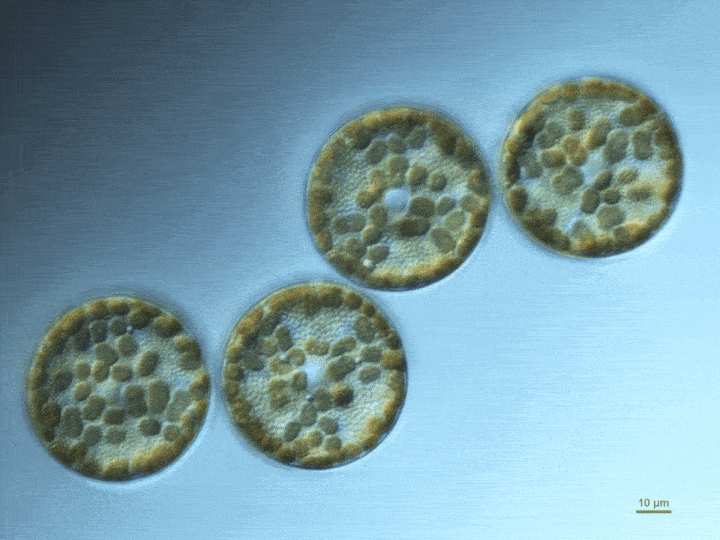Marine plankton

Marine zooplankton are a diverse group of small animals that either remain in the water column for their entire life cycle or are only in the water column during larval stages (such as crabs). Zooplankton are important prey for many fish, including young salmon. Zooplankton eat phytoplankton and are an important link transferring carbon and energy to larger animals.
Both types of plankton are important for understanding how changes in the environment affect the bottom of the Puget Sound food web. Many factors, such as temperature, nutrients, water circulation, and predation affect their distribution and abundance.
 Translate
Translate